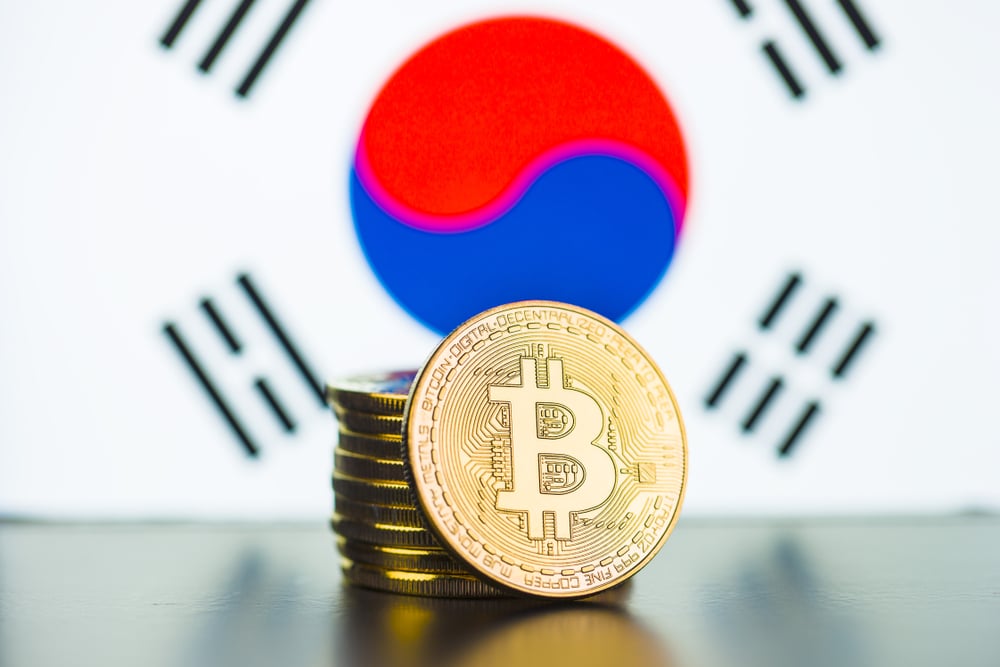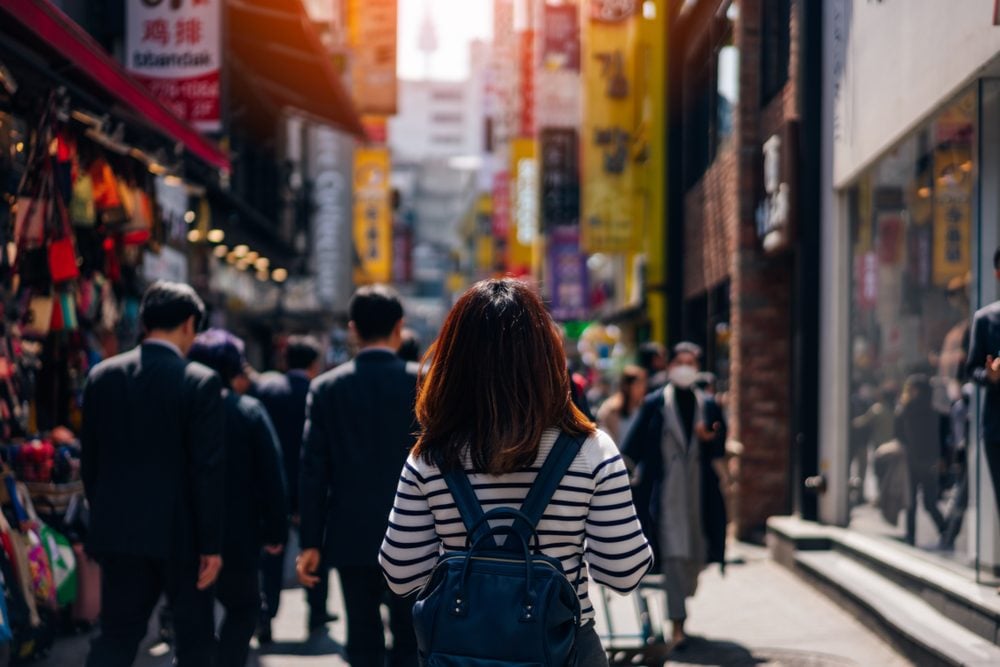South Korean Gen X’ers Pour $11,000 Each on Average into Crypto: Poll

More than 7% of South Koreans polled are invested in crypto. | Source: Shutterstock
By CCN.com: South Koreans are keen to invest in crypto and millennials aren’t out front this time.
According to a new survey reported by Arirang TV , bitcoin is becoming more popular among South Korean investors. The survey was performed by the Korea Financial Investors Protections Foundation, which canvassed 2,500 South Koreans between the ages of 25 and 64 at year-end 2018 across Seoul and five other of the country’s biggest cities. Results reveal that 7.4% of South Koreans polled own crypto, which is up from 6.4% in the prior year. The average size of the allocation is roughly $6,100, reflecting a 64% increase over the prior 12 months. South Korean investors demonstrated resilience during the prolonged crypto winter.
It’s widely cited that millennials fuel much of the demand in crypto. Yet, it’s Gen X-ers that are pouring the most funds into this space in the country. South Koreans in their 50’s are allocating an average of $11,000 into crypto, which is close to twice the average amount and is followed by investors in their 40’s and 30’s, respectively.
While this may be a reflection of older investors having a higher net worth, it also shows a willingness among South Koreans nearing retirement to invest in risk assets, even during crypto winter.
Market Volatility and Hacks Spook Potential Investors
While the poll suggests that crypto is becoming more popular among South Koreans, there are hurdles to wider scale adoption in the country. Of those polled, South Koreans who have not purchased crypto are turned off by the asset class because of a combination of market volatility and hacks. It’s no wonder, considering that South Korea was home to one of the worst hacks in crypto’s short history, Bithumb.

Bithumb last month suffered a security breach in which $20 million was stolen. Last year, $30 million worth of crypto was stolen from investors on the same trading platform in a massive hack.
Separately, South Korean crypto exchange Coinnest announced it was closing its doors amid a wave of scandals. The controversies ranged from management allegedly taking bribes to mistakenly airdropping crypto to customers and then asking for it back.
Meanwhile, ICOs, which are a way for retail investors to back blockchain startups, are banned in South Korea to protect investors from money laundering-related scams.
If South Korea listens to the calls from the likes of blockchain pioneer Vitalik Buterin to ease the regulatory noose around crypto, bitcoin’s popularity among retail investors could skyrocket.